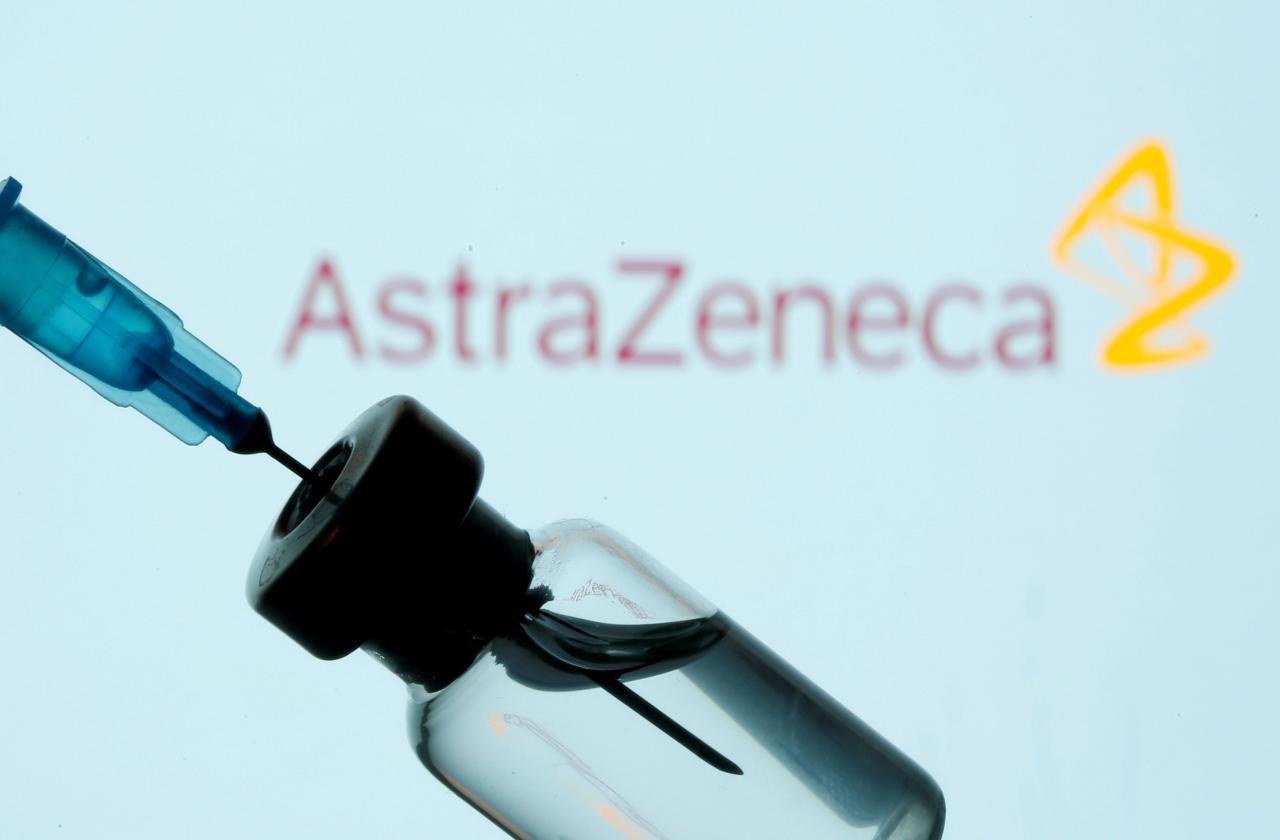Germany's health minister supported European Union proposals to introduce restrictions on COVID-19 vaccines on Tuesday as tensions grew with AstraZeneca and Pfizer over sudden supply cuts just a month after the bloc started vaccinating citizens.
The EU has proposed setting up a register of vaccine exports, amid frustration over delays in deliveries of AstraZeneca's COVID-19 shot and other supply problems.
"I can understand that there are production problems but then it must affect everyone in the same way," Health Minister Jens Spahn told ZDF television.
"This is not about Europe first but about Europe's fair share," he said, adding it therefore made sense to have export limits on vaccines.
AstraZeneca told the 27-country EU on Friday it could not meet supply targets for its vaccine up to the end of March - a further blow to the bloc's pandemic efforts after Pfizer announced a temporary slowdown in supplies in January.
AstraZeneca said on Monday its Chief Executive had told the EU it was doing everything it can to bring the vaccine to millions of Europeans as soon as possible.
An EU official has told Reuters AstraZeneca had received an upfront payment of 336 million euros ($408 million) when the EU sealed a deal with the company in August for at least 300 million doses and an option for another 100 million. The deal was the first signed by the bloc to secure COVID-19 shots.
That was after the United States in May secured 300 million doses for up to $1.2 billion, and Britain, also in May, secured 100 million doses for 84 million pounds ($114 million).
Britain's vaccine deployment minister Nadhim Zahawi said that although supplies were tight, he was confident Pfizer, AstraZeneca and Moderna would meet their commitments.
"Any new manufacturing process is going to have challenges, it's lumpy and bumpy, (then) it gets better, it stabilises and improves going forward," he told BBC TV.
Spahn declined to speculate on media reports that said AstraZeneca's vaccine was not very effective on people over 65 years of age, saying he expected European authorities to approve the third vaccine against COVID-19 on Friday. AstraZeneca has denied the report.
Spahn said it was encouraging that the number of new coronavirus cases was falling in Germany and that if that trend continues, a decision can be taken on future restrictions.
Schools and nurseries would be the first places to re-open, he added.


1 comment
To be able to write a comment, you have to be registered and logged in
Pathetic. The EU has been slow to act and is suffering the consequences. The Germans are acting like school children.